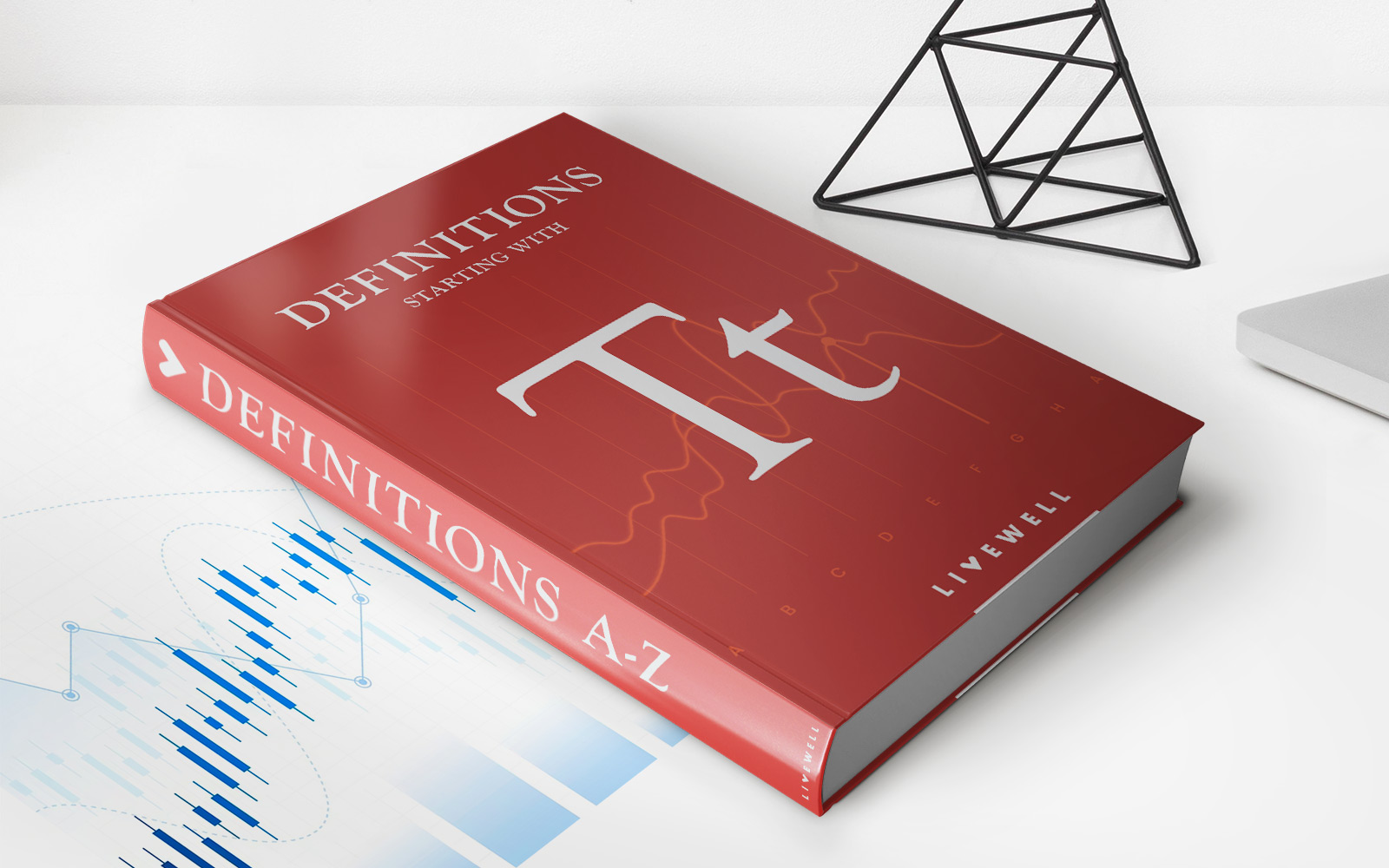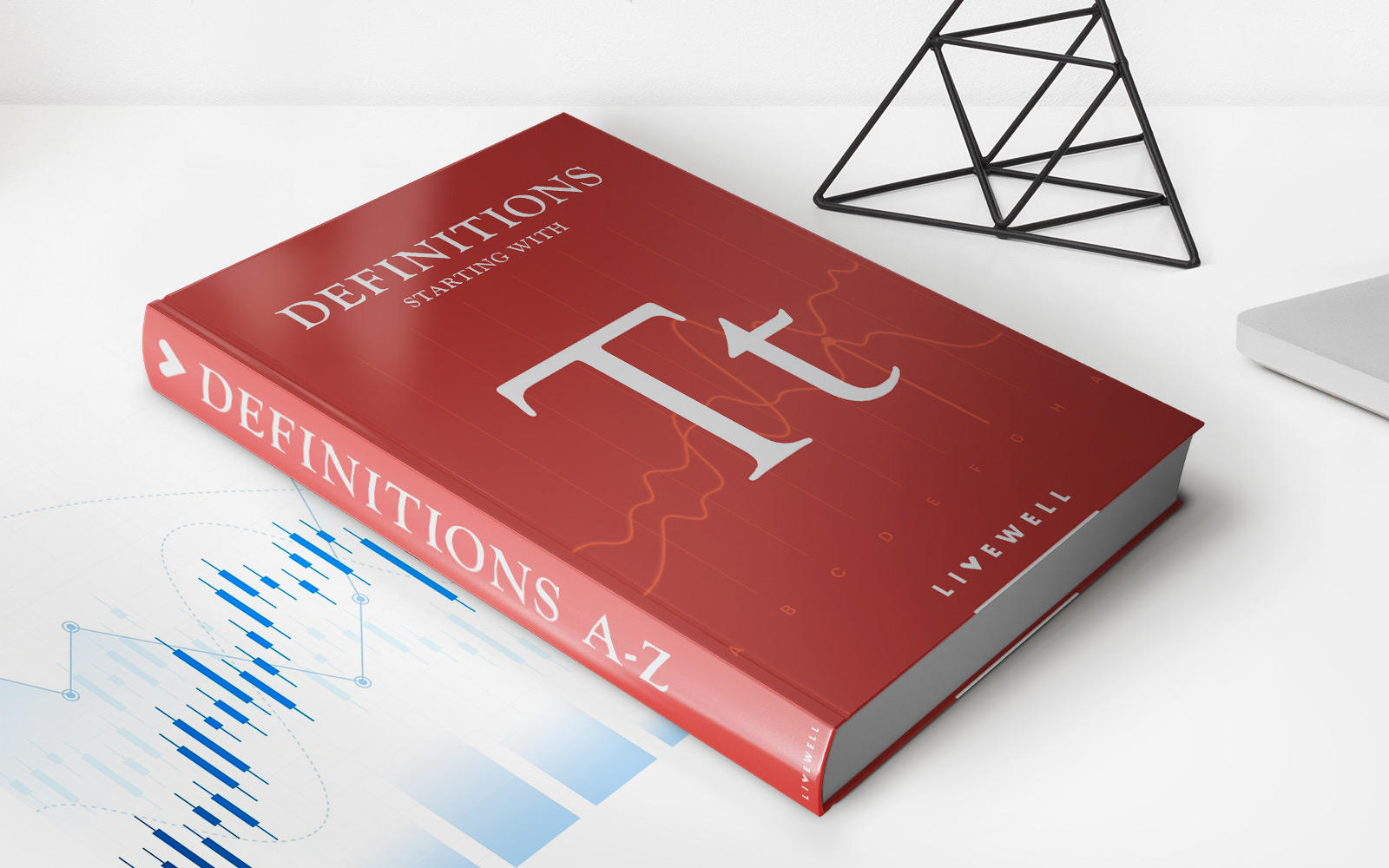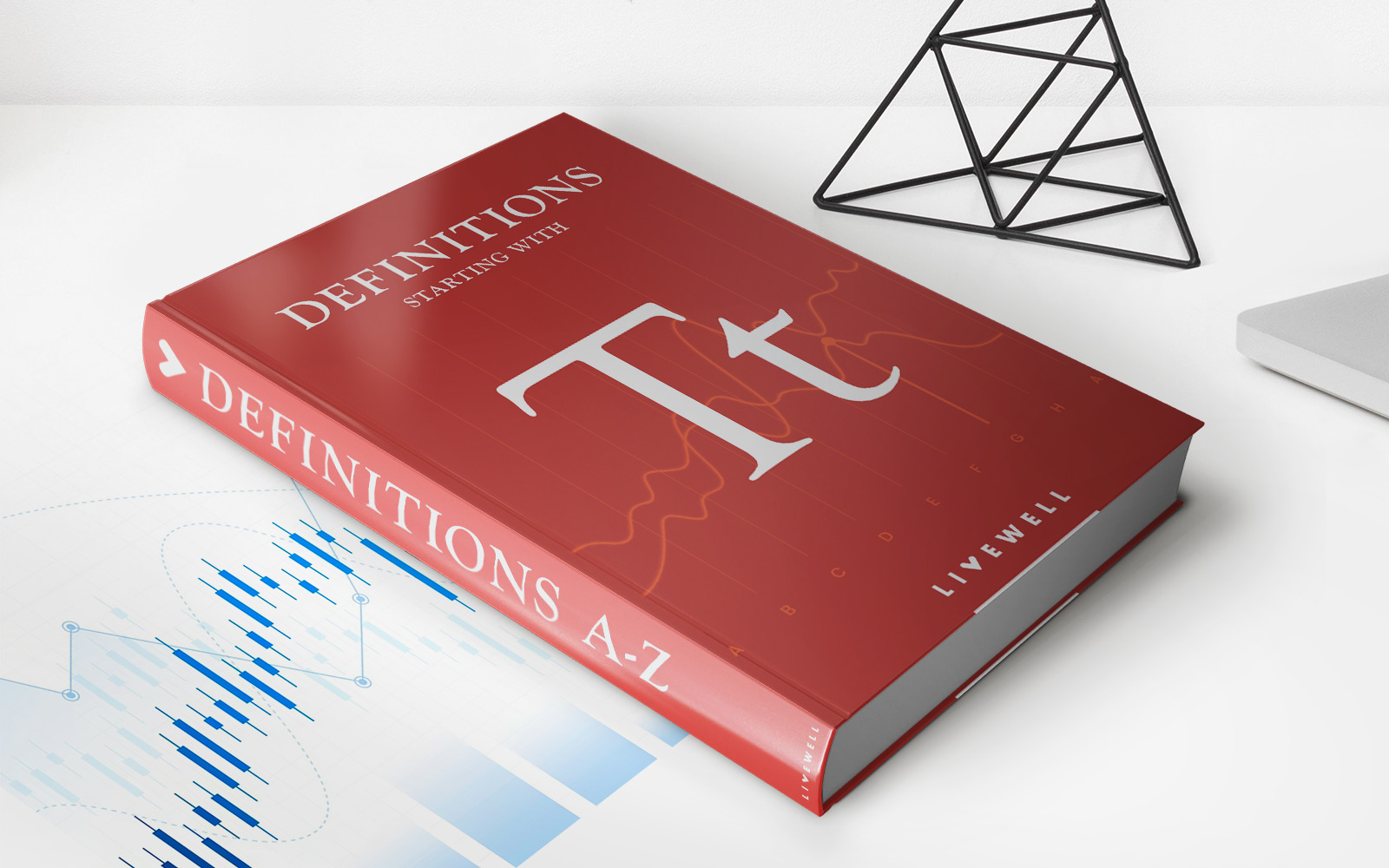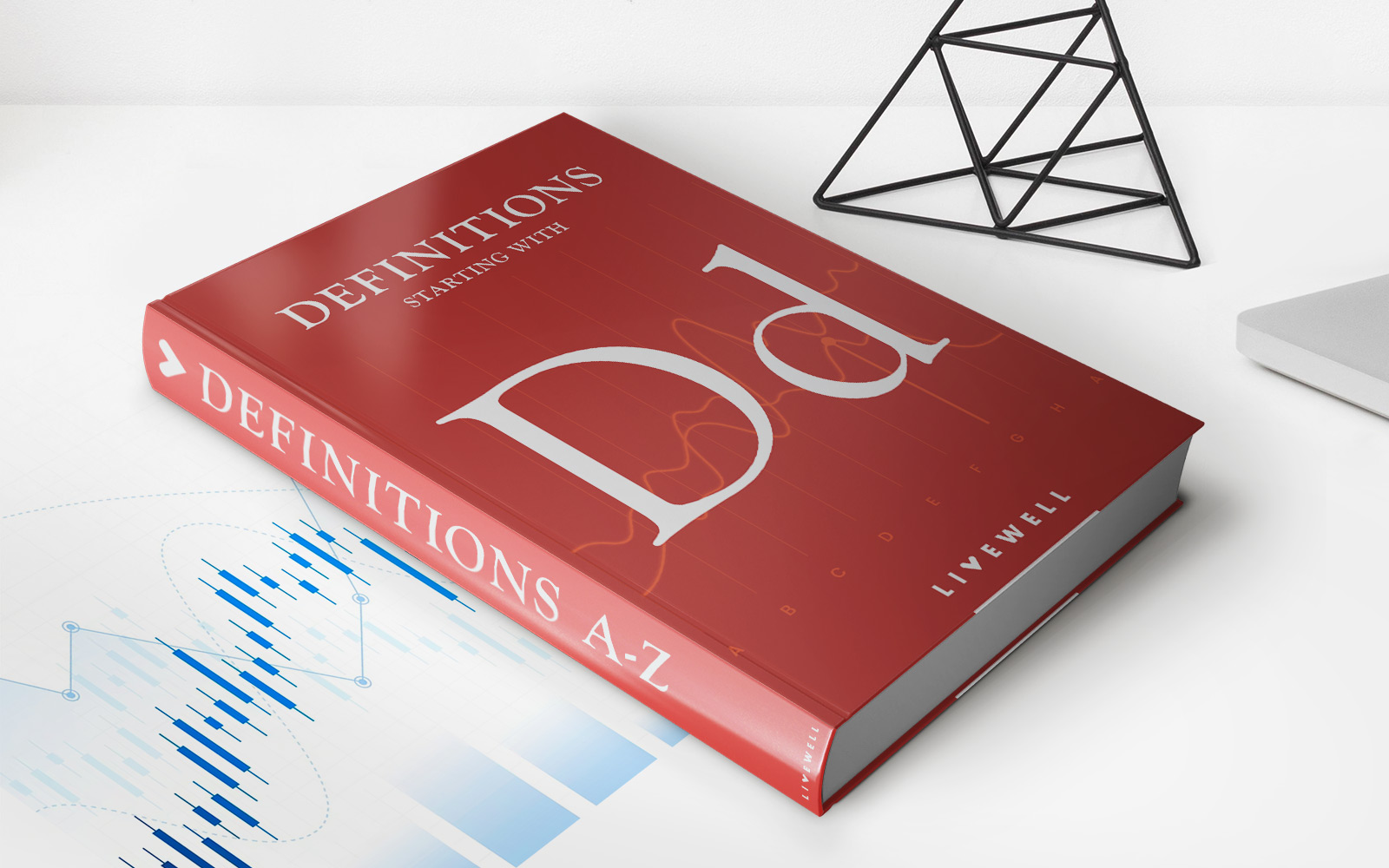

Finance
Induced Taxes Definition
Published: December 9, 2023
Learn the definition of induced taxes in finance and how they impact the economy. Understand the concept and implications of induced taxes
(Many of the links in this article redirect to a specific reviewed product. Your purchase of these products through affiliate links helps to generate commission for LiveWell, at no extra cost. Learn more)
Understanding Induced Taxes: Exploring Their Definition and Importance
When it comes to managing personal finances, understanding various types of taxes is crucial. One such type is induced taxes, which plays a significant role in shaping economic policies and fiscal planning. In this blog post, we will explore the definition of induced taxes, their importance, and how they impact individuals and the economy as a whole.
Key Takeaways:
- Induced taxes are taxes that are influenced or “induced” by changes in economic activities.
- These taxes play a crucial role in stabilizing the economy, funding government programs, and redistributing wealth.
What are Induced Taxes?
Induced taxes, also known as discretionary taxes, are taxes that are influenced or “induced” by changes in economic activities. Unlike direct taxes, such as income taxes or property taxes, which are fixed or predetermined, induced taxes fluctuate based on the level of economic activity or consumption within a given period.
The primary objective of induced taxes is to stabilize the economy and promote economic growth. When the economy is thriving, inducing a higher level of economic activity, the government can increase tax rates to generate more revenue. Conversely, during economic downturns, inducing lower consumption, the government can lower tax rates to stimulate spending and economic recovery.
Why are Induced Taxes Important?
Induced taxes are important for various reasons:
- Economic Stabilization: Induced taxes are instrumental in stabilizing the economy during periods of volatility or recession. By adjusting tax rates based on economic conditions, the government can effectively manage economic downturns and stimulate growth when needed.
- Funding Government Programs: Induced taxes provide revenue to fund essential government programs and services, such as education, healthcare, and infrastructure development. This allows the government to meet the needs of its citizens and ensure the overall well-being of society.
- Wealth Redistribution: Induced taxes contribute to the redistribution of wealth within society. Through progressive tax systems, where higher-income individuals are taxed at higher rates, induced taxes play a role in reducing income inequality and promoting a more equitable distribution of wealth.
- Behavioural Influence: By adjusting tax rates on specific goods or services, induced taxes can influence consumer behavior. For example, higher taxes on tobacco products can discourage smoking and promote public health, while lower taxes on environmentally friendly products can encourage sustainable consumption.
The Bottom Line
Induced taxes are an essential component of fiscal policy and economic management. They provide governments with the flexibility to adapt to changing economic conditions and promote stability, growth, and social welfare. Understanding the definition and importance of induced taxes can help individuals make more informed financial decisions and participate in discussions about public finance and economic policy.














